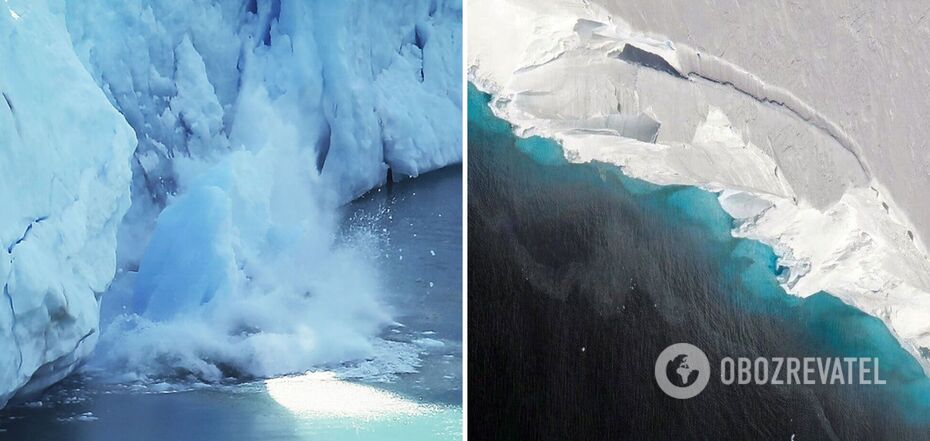News
Scientists predict colonization of Antarctica, but not by humans
In the near future, Antarctica may completely change its face and become a continent colonized by plants and animals. This is evidenced by the coastline of the cold continent, which is becoming less and less icy.
This is stated in a study by scientists from New Zealand and Australia, published in the journal Proceedings of the National Academy of Science (PNAS). Scientists note that the environmental impacts of cyclical climate change in the region could be "enormous".
According to researchers, increasing pockets of open water in Antarctic sea ice could lead to species from other continents one day settling there.
The researchers found that coastal polynyas - areas of ice that form where winter winds push adjacent pack ice away from the coast - are increasing dramatically around Antarctica.
They found that every 16 years, these polynyas go through a cycle of growing and shrinking.
"These trends are striking - and we hadn't noticed them before. We're not entirely sure what's driving this cycling, but the ecological implications could be huge," said Dr. Grant Duffy, a researcher at the University of Otago's Department of Marine Science, who led the study.
For his part, Dr. Arian Purich of Monash University in Australia added that the cyclical patterns are consistent with atmospheric factors, including the Southern Oscillation, a climate phenomenon that spans Antarctica and affects weather in New Zealand and Australia.
Puric is confident that the record low sea ice coverage in Antarctica recently recorded by scientists is clearly related to ocean warming.
According to Talker, Professor Seridwen Fraser, senior author of the study from the University of Otago's Department of Marine Science, says the research is also important for predicting what will happen to Antarctic coastal ecosystems as the climate gets warmer.
She noted that it is known that "many alien plants and animals" can reach Antarctica, "for example, by floating on floating algae." Currently, they cannot settle there due to the erosion of coastal glaciers, but this may change.
The less ice there is, the better the conditions will be for these alien species to settle in Antarctica. This, however, will threaten native coastal ecosystems.
"Our research shows that areas of open water along the Antarctic coasts in particular are increasing in area as the climate warms. These changes in the coastal environment will mean that ecosystems must adapt and change," Duffy summarized.
Subscribe to OBOZ.UA channels in Telegram and Viber to keep up with the latest events.



























